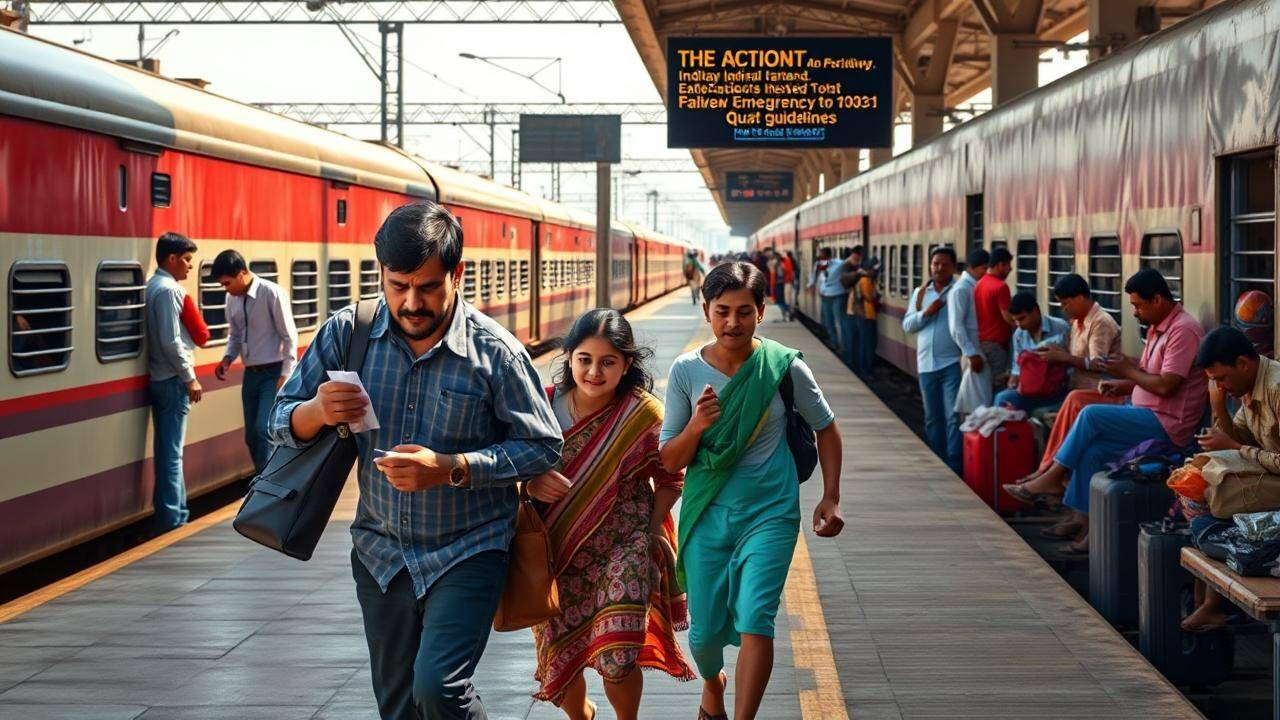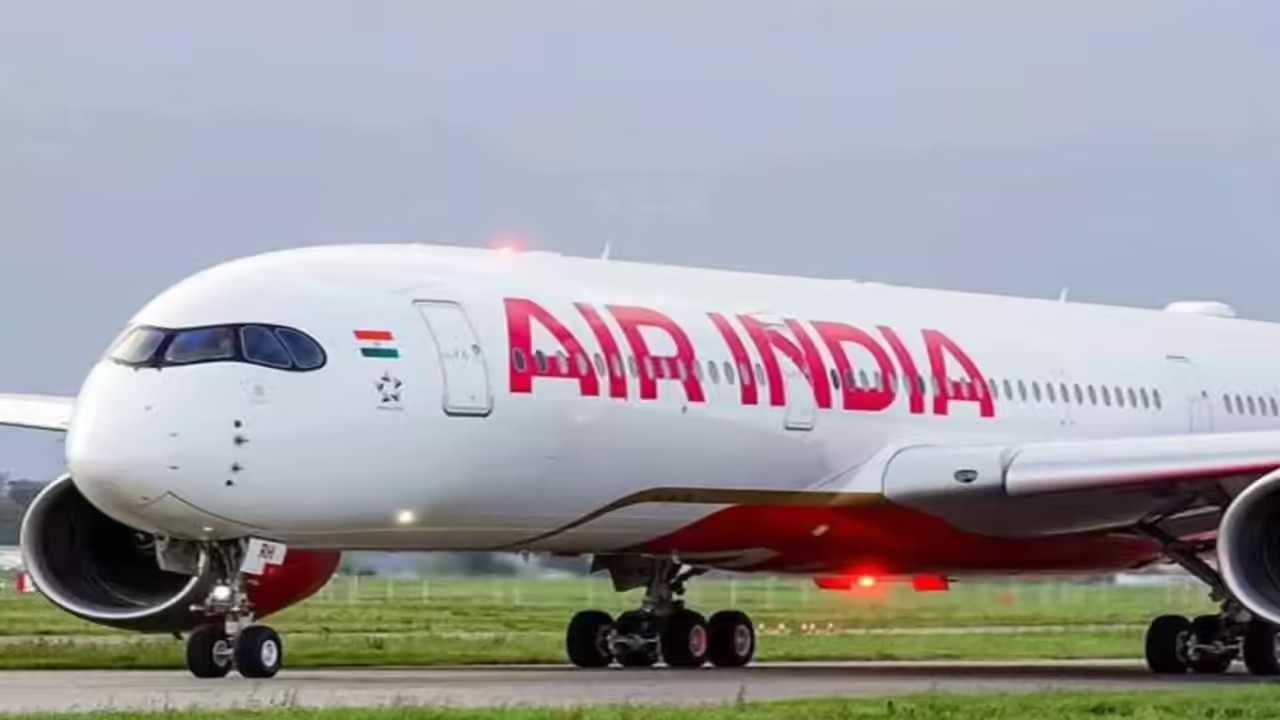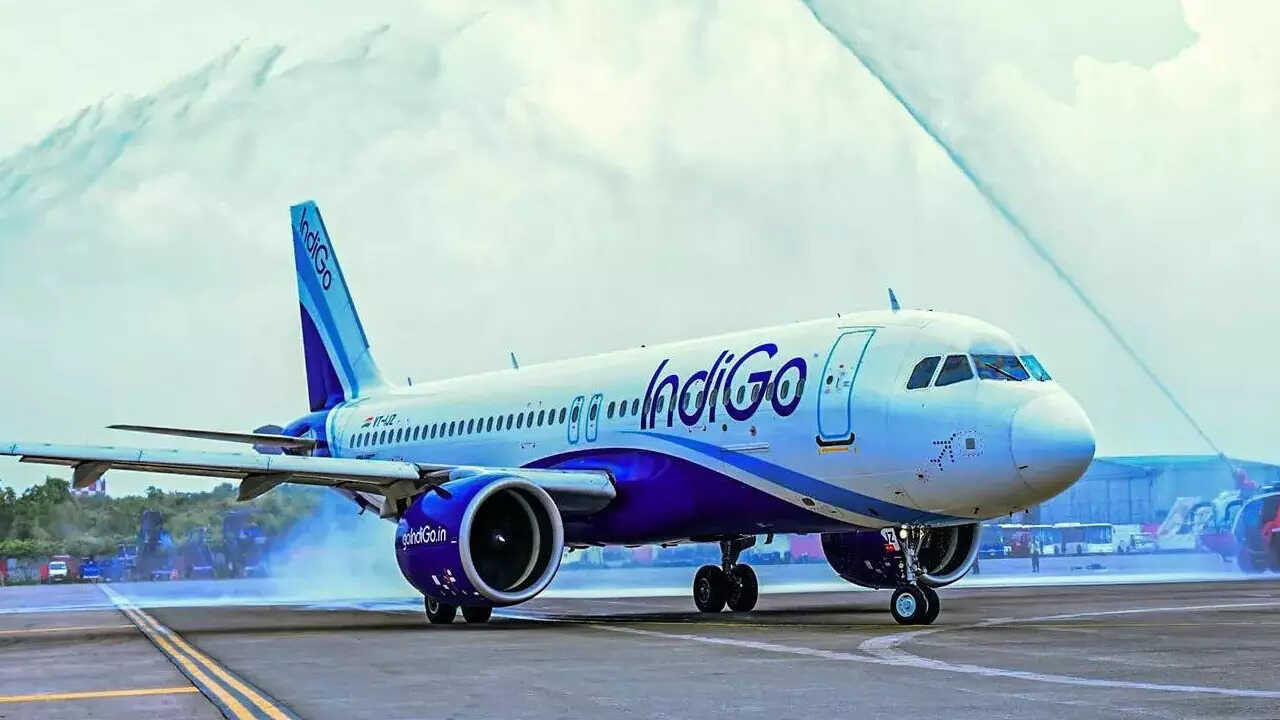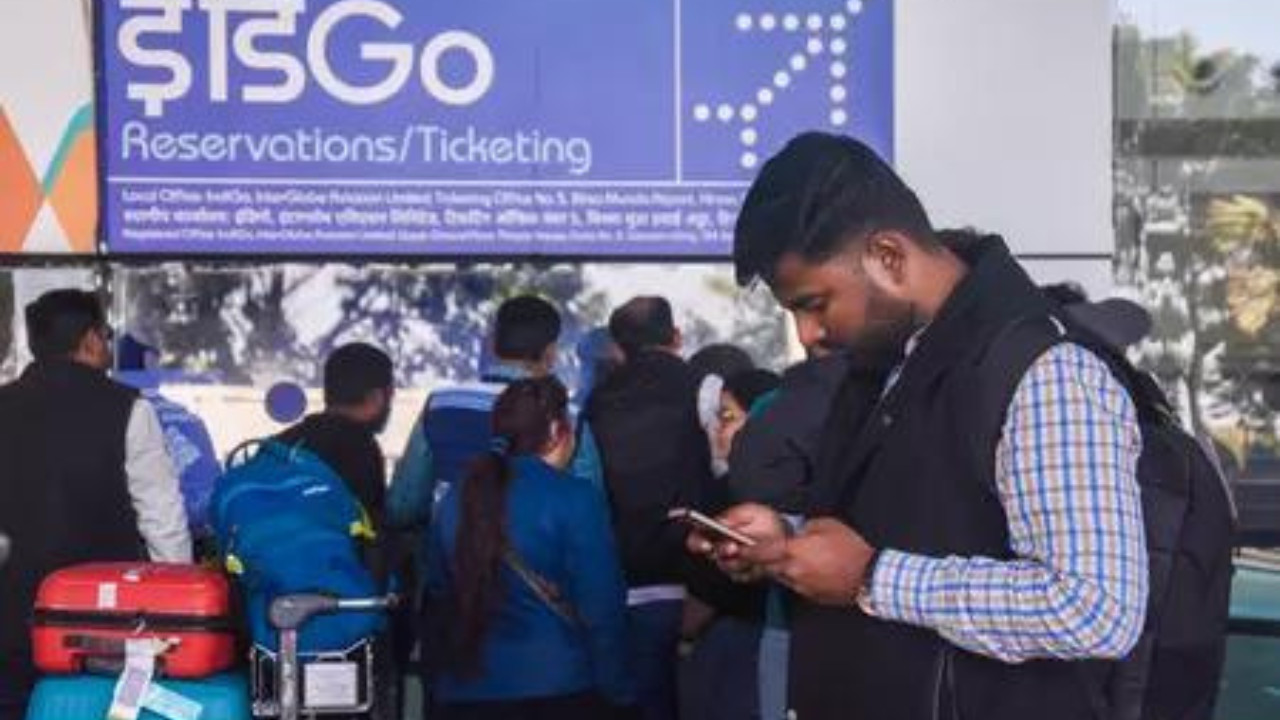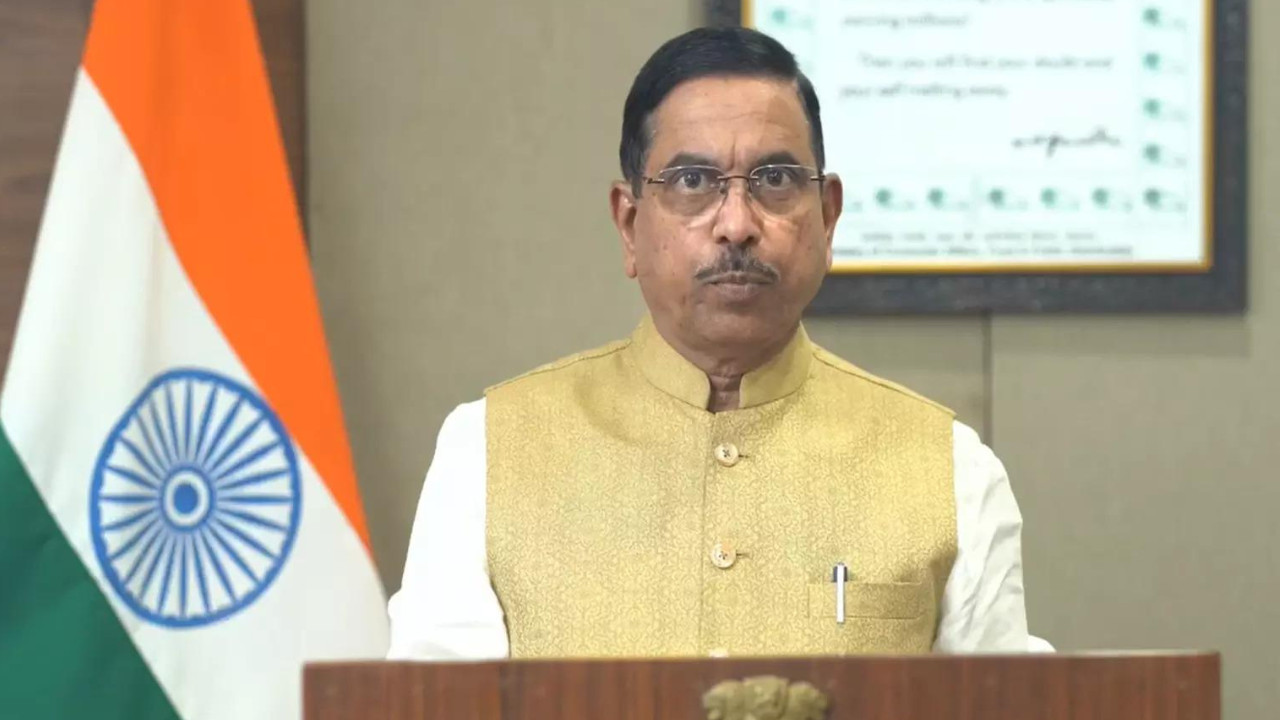Indian Railways has revised its emergency quota (EQ) guidelines, mandating requests be submitted a day before travel to ensure timely chart preparation. The new rules specify cutoff times based on train departure schedules. These changes accompany broader reforms, including revised chart timings, Tatkal booking verification, and a new passenger reservation system slated for December 2025.
Navigating the Rails: New Indian Railways Ticketing Rules You Need to Know
The rhythmic chug of a train, the bustling platforms, the anticipation of arrival – train travel in India is an experience unlike any other. But like any complex system, the Indian Railways is constantly evolving, tweaking its rules to improve efficiency and prevent misuse. Recently, some significant changes have rolled out concerning the Emergency Quota (EQ) in ticketing, and understanding them is crucial for anyone planning a journey. Let’s break down what’s new and how it might affect your travel plans.
Cracking Down on Last-Minute Emergency Quota Shenanigans
For those unfamiliar, the Emergency Quota is a lifeline for passengers with urgent travel needs. It’s designed to accommodate unforeseen circumstances like medical emergencies, family crises, or urgent official duties. However, like any well-intentioned system, it’s been susceptible to exploitation. To combat this, the Indian Railways has tightened the rules surrounding EQ requests.
The most significant change is a complete bar on same-day requests. Previously, individuals could attempt to secure an EQ ticket on the very day of travel. Now, that option is off the table. This move aims to curb the practice of individuals potentially gaming the system by making last-minute requests that might not genuinely qualify as emergencies, effectively blocking seats for those with legitimate urgent needs.
What this means for you? Planning is now even more critical. If you anticipate a situation that might require urgent travel, it’s prudent to explore alternatives and keep relevant documentation handy, even if you don’t immediately file for EQ.
Who Still Qualifies for Emergency Quota Access?
While the rules have tightened, the EQ remains a vital resource for genuine emergencies. Access is typically granted to government officials on duty, individuals facing medical emergencies, and those attending to family crises like bereavements. However, supporting documentation is crucial. A medical certificate from a recognized doctor, an official letter from a government department, or a death certificate will be necessary to substantiate your claim.
Think of it this way: the railway authorities are now demanding more solid proof to ensure that the limited EQ seats are allocated to those who truly need them. The goal isn’t to make it harder to travel in an emergency, but to make the system fairer for everyone.

Why the Change to Indian Railways Ticketing Rules?
The rationale behind these changes is multifaceted. First, it’s about streamlining the ticketing process and reducing the potential for corruption. By eliminating same-day requests, authorities hope to minimize opportunities for unauthorized agents or individuals to manipulate the system.
Second, it’s about optimizing resource allocation. The Emergency Quota represents a limited number of seats, and ensuring they are used appropriately is paramount. By tightening the criteria, the Indian Railways aims to prioritize genuine emergencies and prevent the seats from being taken up by those with less urgent needs.
Finally, it’s about improving the overall travel experience for everyone. A more efficient and transparent Emergency Quota system ultimately benefits all passengers by ensuring that seats are available for those who truly need them and reduces the likelihood of overcrowding and confusion.
What to Do if You Need Urgent Travel
So, what happens if you find yourself in a situation requiring urgent travel but can’t apply for the Emergency Quota on the same day? The best course of action is to explore alternative options. Premium Tatkal tickets, though pricier, offer a higher chance of securing a seat at the last minute. Check out our guide to [understanding different ticket types](internal-link-to-related-article.com) for more options.
Also, contact the railway authorities directly. Explain your situation clearly and provide all necessary documentation. While there are no guarantees, they may be able to offer assistance or suggest alternative solutions.
Remember, proactive planning and preparation are key. Keeping copies of essential documents, exploring alternative travel options, and understanding the new rules will empower you to navigate any unforeseen travel challenges.
The Future of Train Travel: Continuous Improvement
The Indian Railways is constantly striving to improve its services and ensure a seamless travel experience for millions. These recent changes to Emergency Quota rules are a testament to that commitment. While they may require a shift in how we approach last-minute travel, they ultimately aim to create a fairer and more efficient system for everyone. By staying informed and adapting to these evolving rules, we can all contribute to a better and more enjoyable journey on the Indian Railways.
